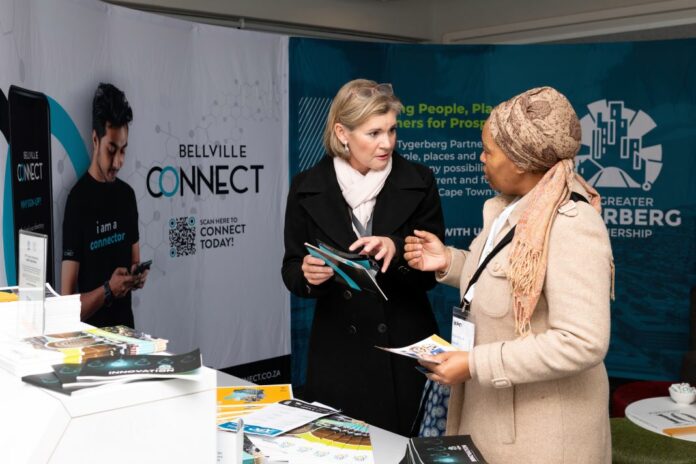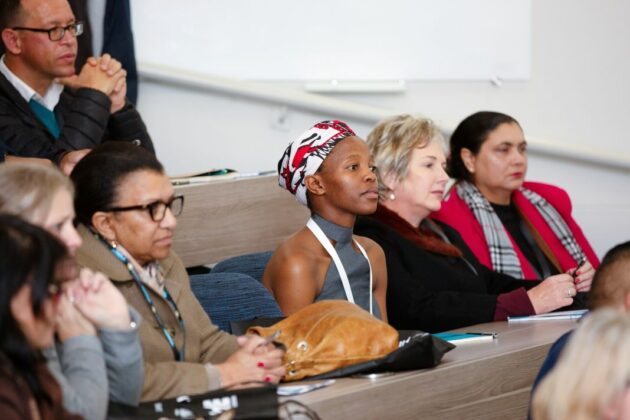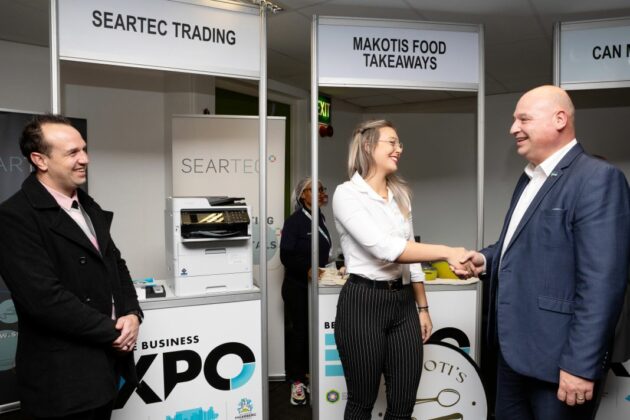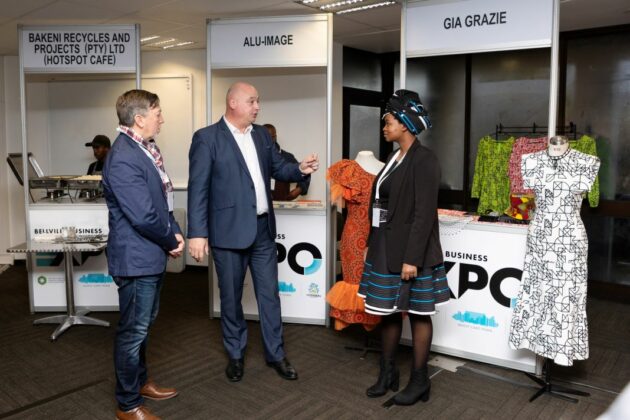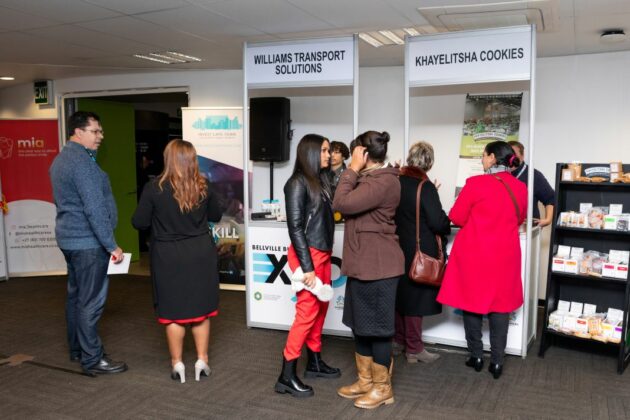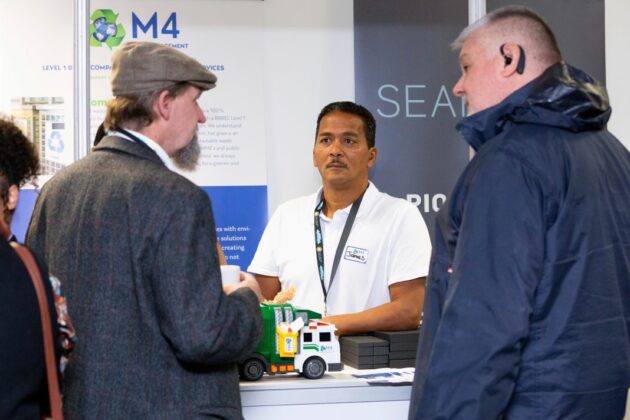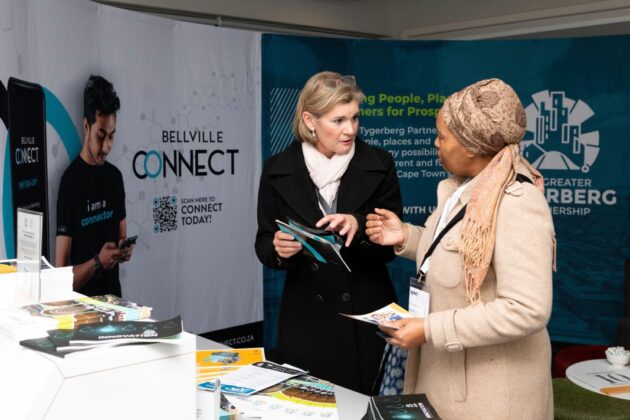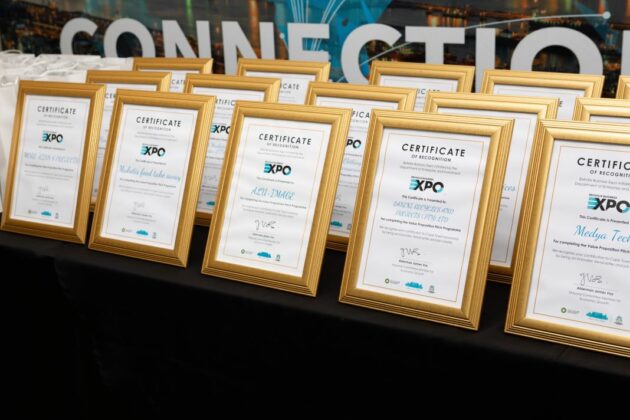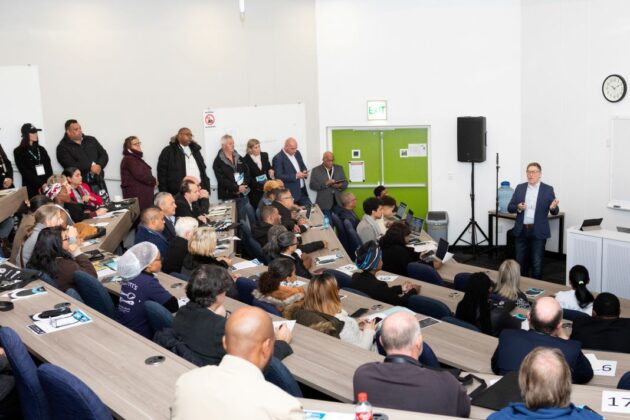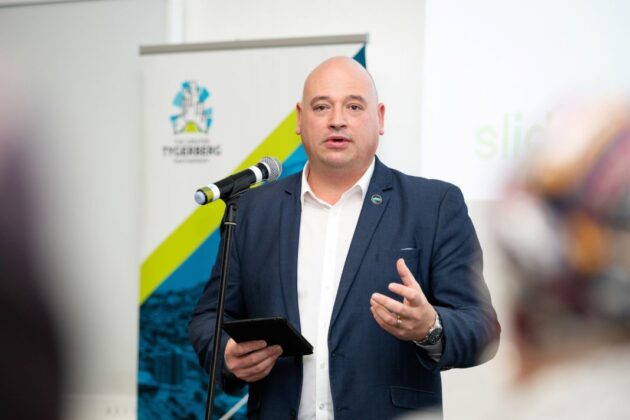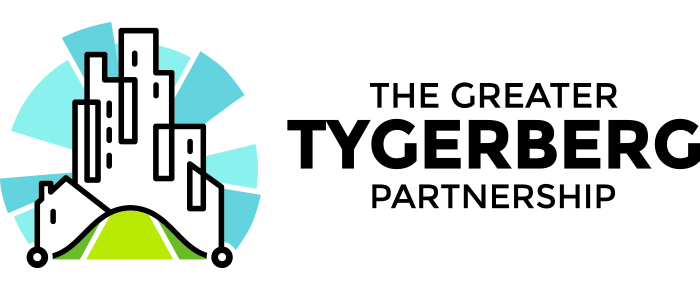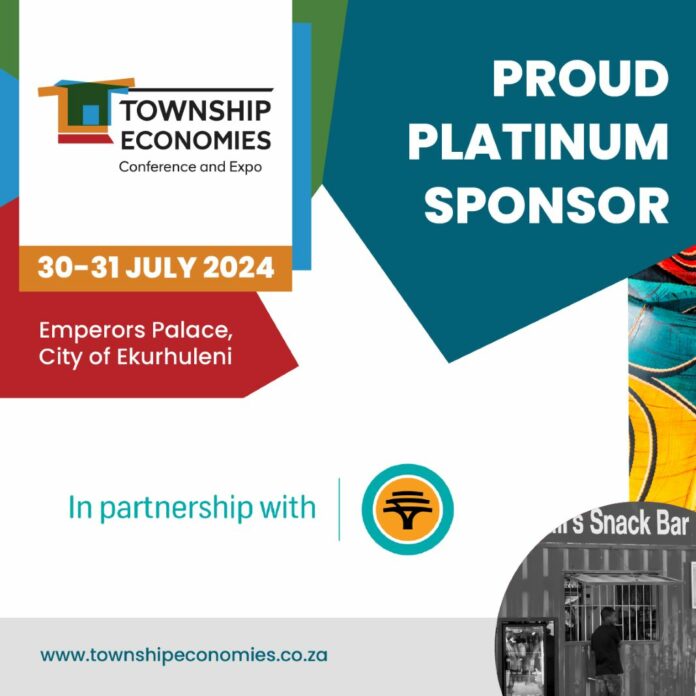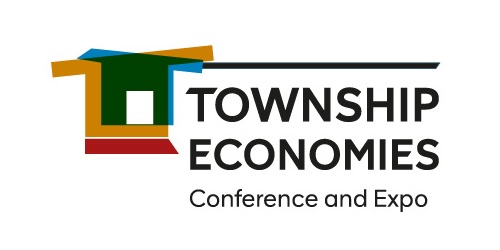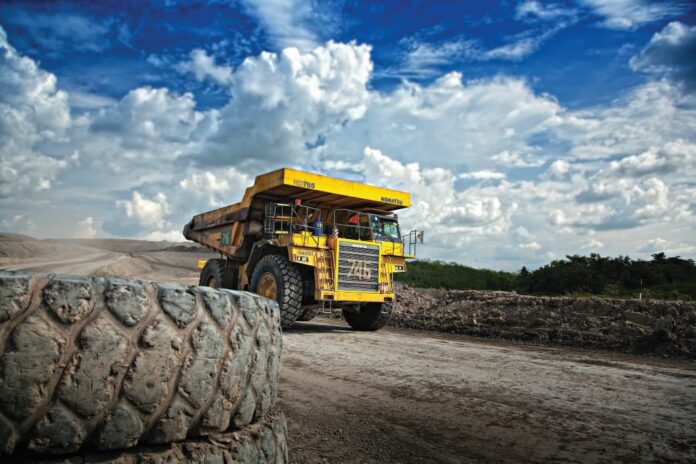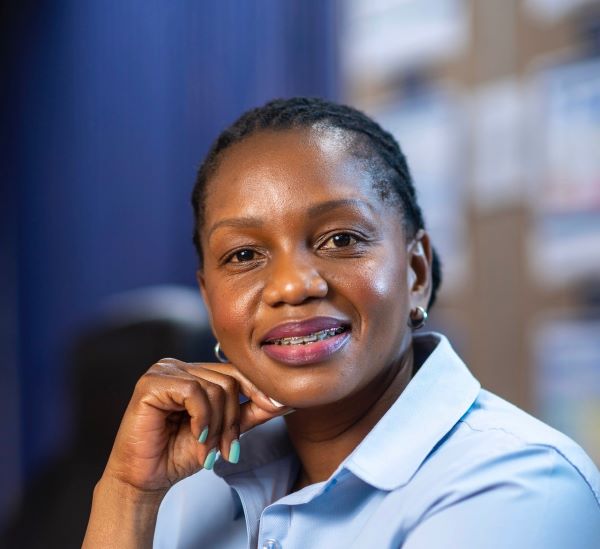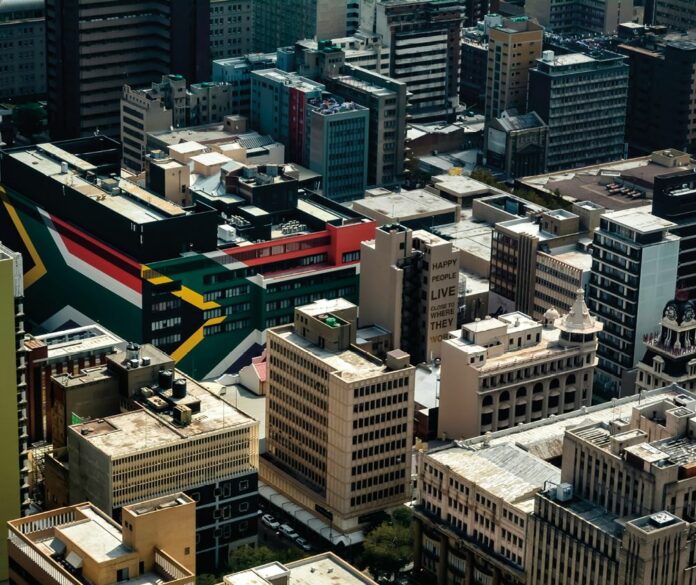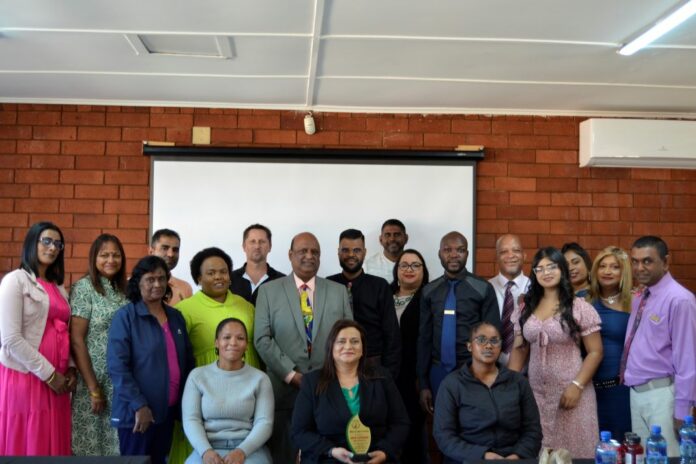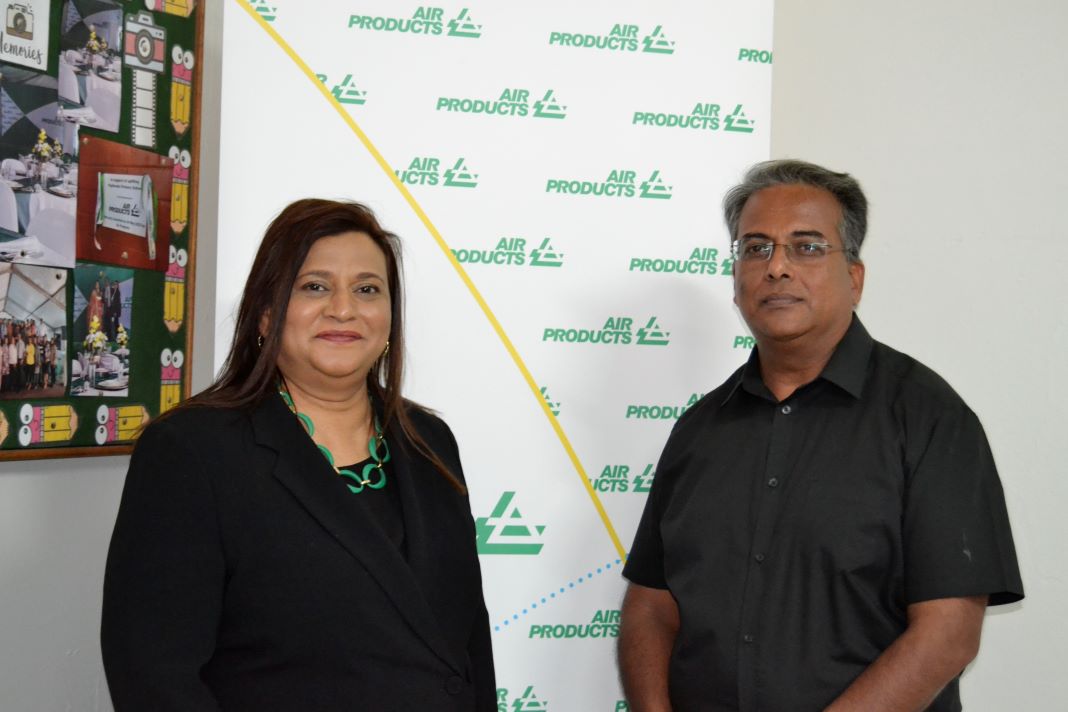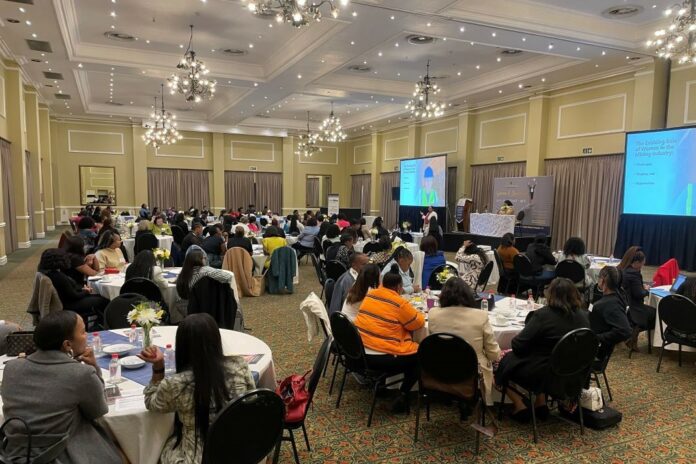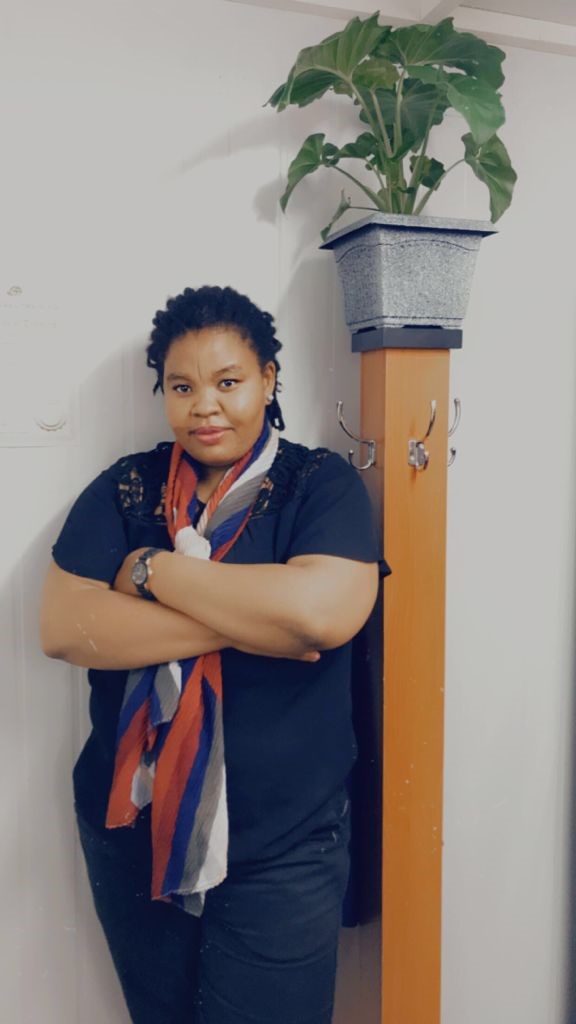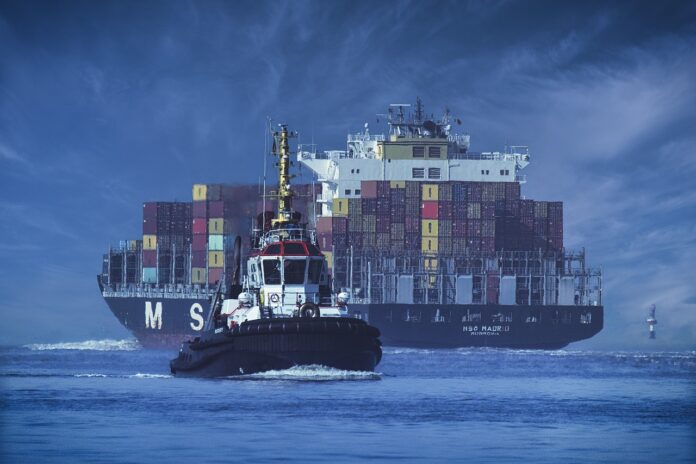Pinpoint Stewards are honoured to announce DMRE, Elizabeth Marabwa, Chief Director: Programme and Projects Management Office, will be delivering a keynote address on Supporting and developing women in mining, at the Annual Women and Leadership in Mining Conference taking place on 28 & 29 August at the NH Collection Hotel.
“Legislation, proposed white papers and labour guidelines have been put in place to overcome barriers for women wanting to enter into a mining career, but it is clear in equity numbers that a more accelerated approach is needed through implementation,” says Ankia Roux, Co-Owner, Pinpoint Stewards. She adds: “Now more than ever a shift has taken place and mining companies have realized the true value of having women at all levels of their mine, I believe we can look forward to new strategies of implementation in the year to come.”
With an 12-strong-speaker-line-up, the aim of the organisers was to profile these exceptional women-in-mining and this was achieved through equal reporting of the event by their media partners over the past four months. To add to the excitement and momentum gained, the conference will be attended by the DMRE as speaker to give their support to gender mainstreaming and transformation while engaging with industry and giving feedback on their current initiatives on the road ahead for the advancement of women at all levels.
This year’s line-up will once again ensure that delegates leave with the knowledge of current opportunities available to them. The inspirational speakers at the two day conference include:
- Nozipho Dlamini, Mine Manager, THUNGELA RESOURCES
- Dr Adwoa Boaduo Issaka, Unit Manager Safety, GOLDFIELDS
- Nandi Sibanyoni, Executive Head SHE, ANGLO AMERICAN – KUMBA IRON ORE
- Ofentse Debete, Section Manager Mining, GOLDFIELDS
- Mpho Nyarela, WIM Chairperson Limpopo, RTF Exco Member, PALABORA MINING COMPANY
- Nomvula Ngcobo, Engineering Manager – Asset & Maintenance, HARMONY GOLD MINING COMPANY LTD
- Cindy Mabala, Rock Engineering Officer, IMPALA PLATINUM LTD
- Bontle Mtshengu, Founder & Co-Owner, QUANTUM LEAP SMART ENGINEERING
- Hendrietta Sarile, Environmental Coordinator: Systems and Compliance Exploration, IVANPLATS
- Cynthia Muvhango, Mine Engineer, FOSKOR PTY LTD
- Kristell Holtzhausen, Company Secretary, (Previously) African Rainbow Minerals LTD – Ferrous Division (Assmang) & Independent Governance Consultant to various mining companies
Find out more about this year’s speakers here and here
Topics that will be discussed include:
- Opportunities and challenges in doubling the percentage of women in mining
- Overcoming the age-old barriers of stereotyping, pay gaps, lack of career advancement, adaptation of workplaces, imposter syndrome to name a few
- Mental health as a barrier and enabler for women in sustainable mining
- The benefits of retaining and developing women in mining
- Becoming a successful leader in mining
- Modernization towards safety and sustainability for women
- Eradicating sexual harassment, GBV and bullying in the workplace
- Discussing current enabling legislation and proposed white papers to progress women at a faster pace.
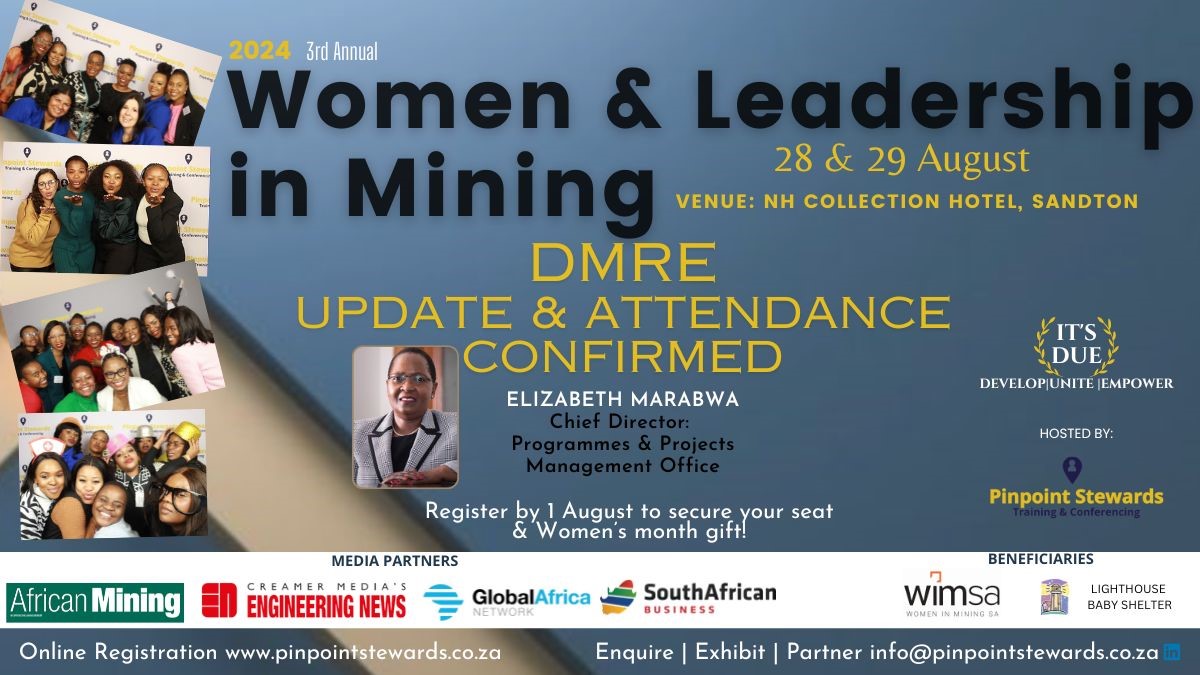
Empowerment partners can look forward to a 2-day conference with enough time allocated for open forum discussions after each speaker and a panel session looking at the composition of women in mining committees to represent women at the highest level. Delegates can look forward to a women’s month welcome gifts and networking high-tea to exchange business cards, talk strategy while interacting with women across various sectors within mining.
Giving back – Pinpoint Stewards will be donating a percentage of the proceeds to beneficiaries WiMSA and Lighthouse Baby Shelter. Annually 20 post-graduate students attend the conference for free, to meet a mentor, job shadowing opportunity or a career in mining sponsored by Pinpoint Stewards.
Official Media partners to the conference: African Mining, Global African Network and Mining Weekly, reporting on women making a difference in the sector.
For further enquires or to become an exhibitor/sponsor/partner:
- Sudhira Sewsunker: Co-Owner, Pinpoint Stewards
- Email: info@pinpointstewards.co.za
- Web: www.pinpointstewards.co.za



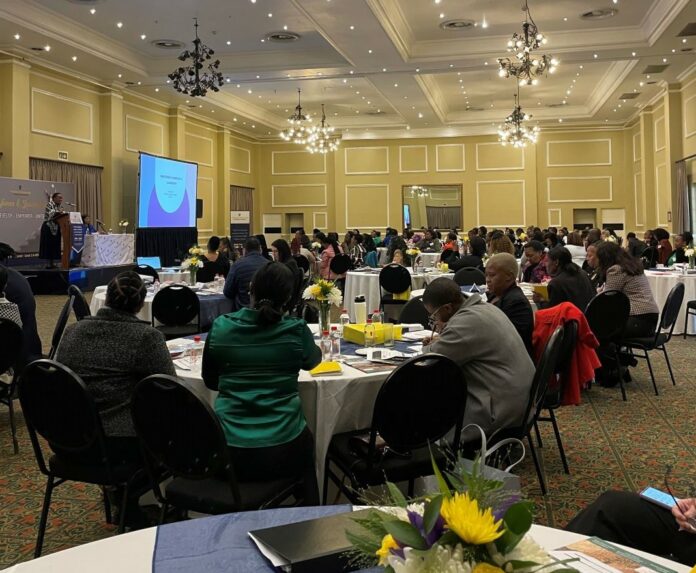

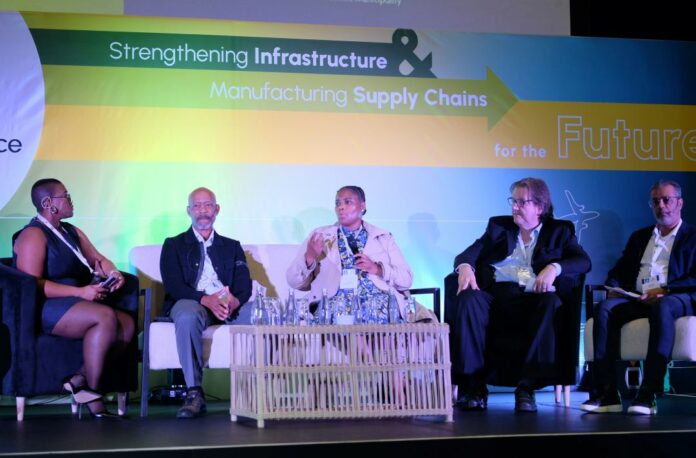

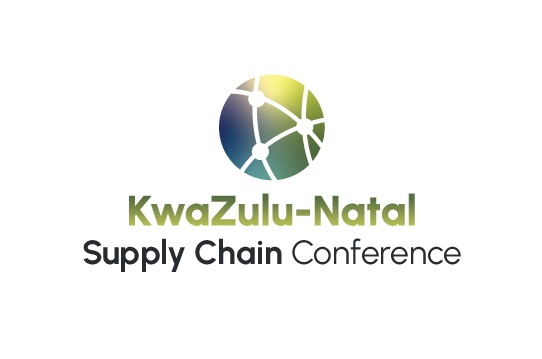
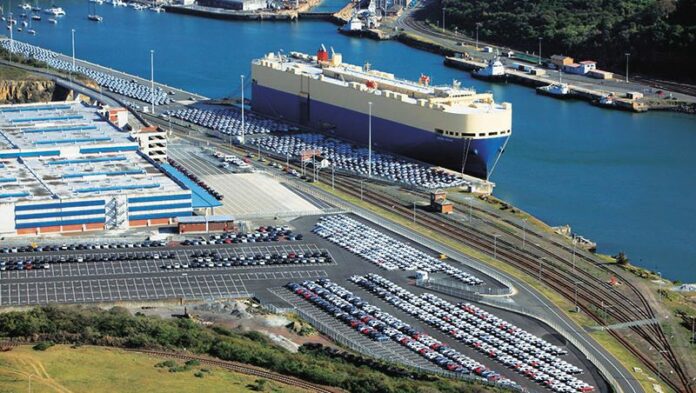

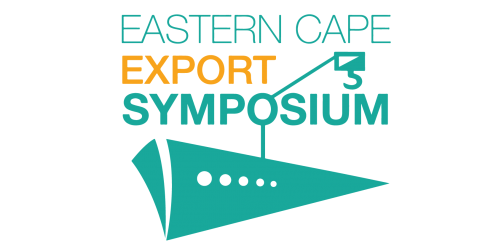
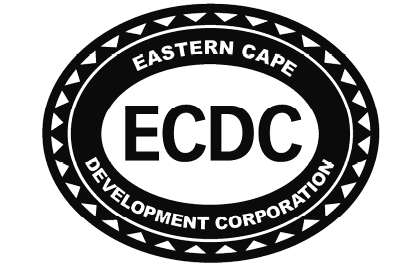 The Eastern Cape Export Symposium and Exhibition is scheduled to take place on 21-22 August 2024 at the ELICC in the Eastern Cape, South Africa. The event is organized by the
The Eastern Cape Export Symposium and Exhibition is scheduled to take place on 21-22 August 2024 at the ELICC in the Eastern Cape, South Africa. The event is organized by the 